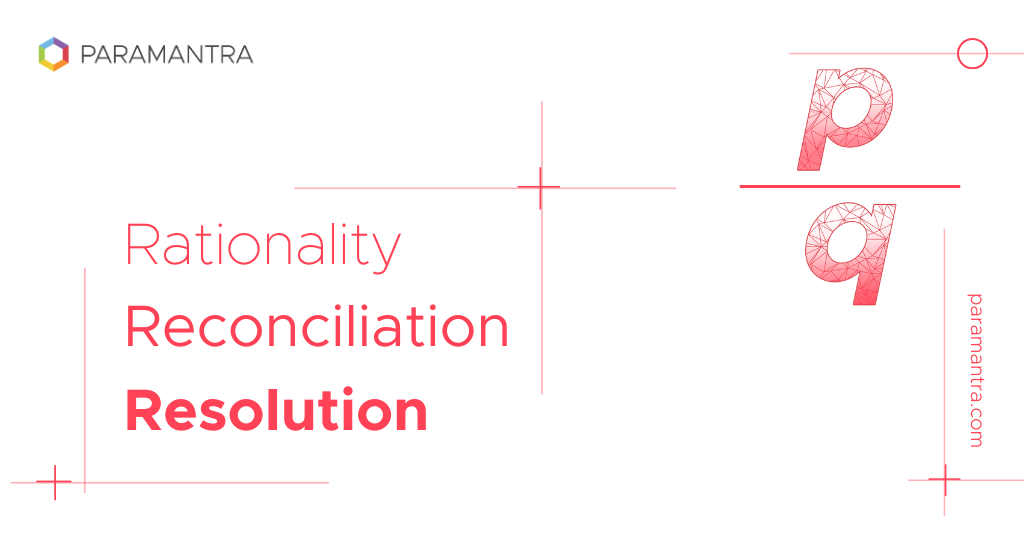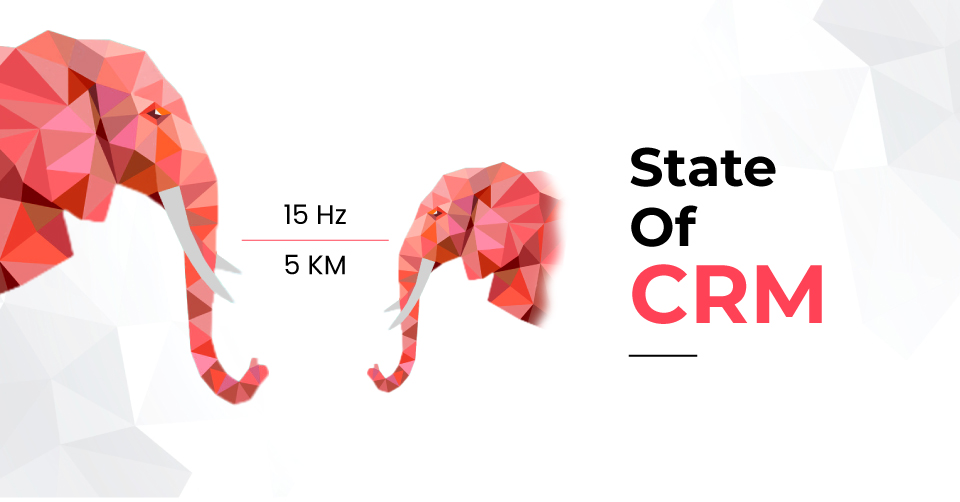
Number System and Proposal to Reconciliation
A number system is more than a way to represent and manipulate quantities using symbols and a set of rules, it is a framework for order, precision, and possibility. There are various types of number systems, including the rational numbers, real numbers, and other types of numbers such as complex numbers and transcendental numbers. Just as mathematics organizes the infinite into comprehensible structures, businesses must reconcile their numbers to transform raw data into continuity and strategic success. In this article, we will explore the different types of number systems and how they relate to the concept of success in business.
Rational numbers are numbers that can be expressed as the ratio of two integers. These numbers can be written in the form of a fraction, such as 3/4 or -2/3. Rational numbers include both positive and negative numbers, as well as zero. They are an important part of the number system because they can be used to represent and manipulate quantities in a precise and accurate way. These numbers symbolize the measurable and recurring aspects of business: revenue streams and predictable costs. The rationality inherent in data integrity ensures every transaction reconciles cleanly, building the fundamental trust and continuity required for accurate reporting.
Real numbers are numbers that can be represented on the number line. They include all rational numbers, as well as irrational numbers, which cannot be written as a simple fraction. Irrational numbers include the square root of 2 or π. Real numbers are important because they allow us to represent and manipulate quantities that are not necessarily precise or exact, such as the measurement of a length or the temperature of a substance. They demand that reconciliation captures not only what is exact, but also what is estimated, forecasted, or evolving to ground strategy in reality.
Other types of numbers include complex numbers and transcendental numbers. Complex numbers are numbers that can be written in the form (a + bi), where a and b are real numbers and i is the square root of -1. These numbers are used to represent and manipulate quantities in two dimensions, such as the position of a point on a plane. In business, these are used to symbolize the multi-dimensional nature of customer value, quantitative metrics paired with qualitative signals like engagement and sentiment. Reconciliation is not just about balancing ledgers; it is about aligning these multiple dimensions into a coherent whole, ensuring the system captures the soul behind the transaction. Transcendental numbers are numbers that cannot be expressed as the root of a polynomial equation with rational coefficients. These numbers include π and e and are important because they appear in many mathematical equations and have a wide range of applications in science and engineering. Transcendental thinking also means looking beyond the obvious, identifying patterns and opportunities that traditional metrics alone cannot capture to drive a breakthrough strategy.
In business, numbers are often used as metrics to measure the performance of the company. These metrics can include sales figures, financial data, and other key indicators of success. By analyzing these metrics, businesses can make informed decisions about how to improve their operations and achieve success.
In the process of accounting reconciliation, the use of numbers is essential for tracking and comparing financial transactions and ensuring that they are accurately recorded. This helps businesses to understand their financial performance and make informed decisions about how to optimize their resources.
For a real estate firm, some key metrics that might be used for accounting reconciliation include revenue from property rentals, expenses related to property maintenance and management, and net income. By tracking these metrics and comparing them over time, the real estate firm can get a sense of its financial performance and identify opportunities for improvement, reconciling predictable revenues against fluctuating market valuations.
For a manufacturing firm, some key metrics that might be used for accounting reconciliation include production output, cost of goods sold, and gross margin. Reconciliation here requires Complex Numbers, aligning the measurable physical output against the qualitative metrics of efficiency and productivity. By tracking these metrics and comparing them to industry benchmarks, the manufacturing firm can get a sense of its financial performance and identify areas where it is outperforming or underperforming. Additionally, the manufacturing firm might track metrics related to efficiency and productivity, such as the number of units produced per hour or the percentage of time that machines are in operation. By analyzing these metrics, the manufacturing firm can identify opportunities to improve its operations and increase its competitiveness.
Similarly, the use of metrics such as sales figures and financial data can help businesses make informed decisions about pricing and forecasting. By understanding the trends and patterns in these numbers, businesses can make informed decisions about how to grow and succeed in their market. In conclusion, the use of numbers as metrics is an essential part of defining success in business, as it allows companies to track their performance and make informed decisions about how to improve and succeed.
Categories
Latest Articles
Follow Us On
Custom-Built CRM For Your Business
Fill the form to consult with our experts and find out how our Enterprise CRM Software can transform every revenue process in your business. Choose from our 250+ modules and customize every element of our Enterprise CRM Software to address your needs.
- Complimentary CRM Consulting
- Free Configuration and Setups
- Custom training for your team
- 24x7 After-Sales Support
Business Fundamentals From Schrödinger
Probabilistic or deterministic models – understanding what is best for our businesses is critical, and few lessons from Schrödinger might set us on the right course.
Customer Data Integrity
Good customer data is perhaps more important than big data, when it comes to forming the foundation for accurate decision making for businesses.

Latest Advancements in CRM
The customer relationship management (CRM) industry is in a constant state of evolution, with new advancements and developments emerging on a regular basis.

